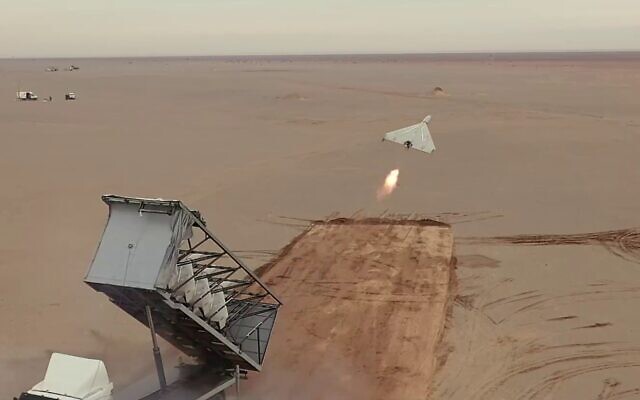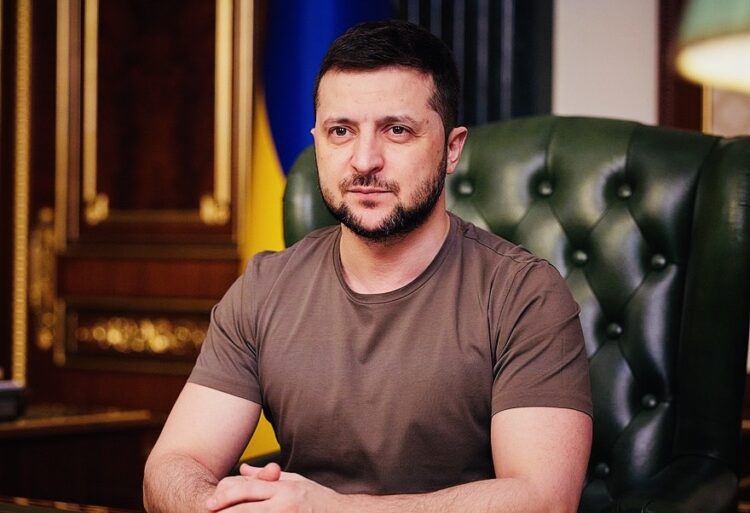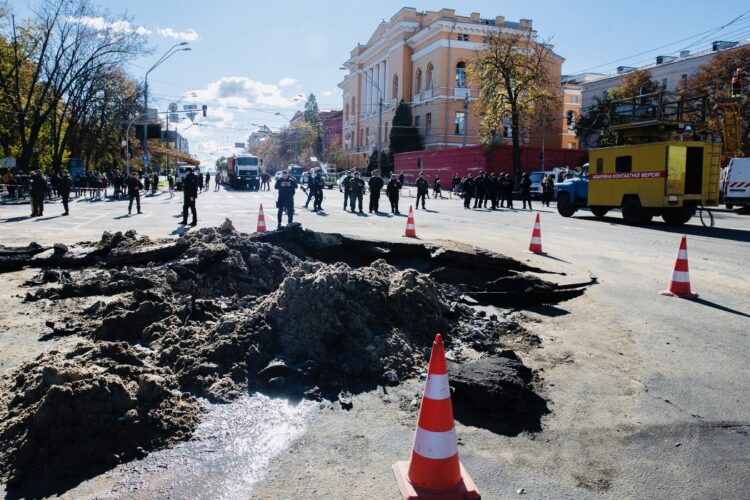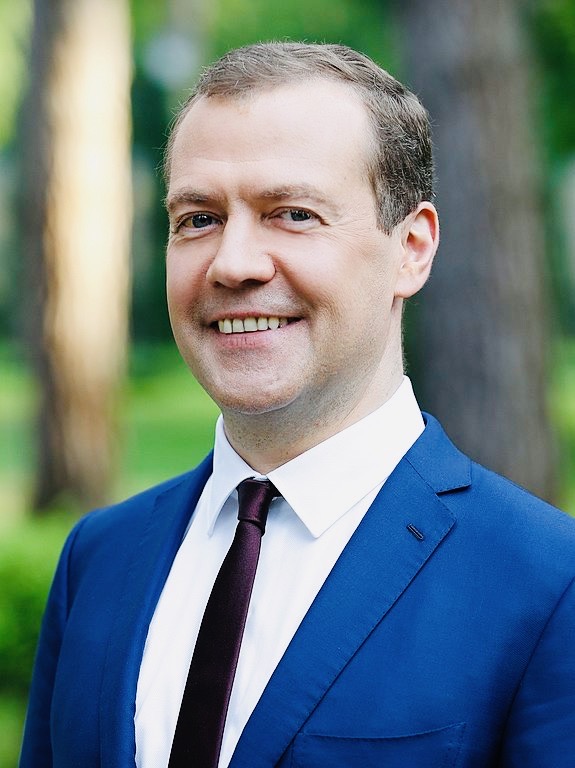In a bold tweet that probably unsettled the Israeli government, Israel’s minister of Diaspora affairs, Nachman Shai, has come out in favor of sending Israeli military assistance to Ukraine, which has been embroiled in a gruelling war with Russia since its unjustified invasion last February.
“There is no longer any doubt where Israel should stand in this bloody conflict,” he wrote. “The time has come for Ukraine to receive military aid as well, just as the U.S.A. and NATO countries provide.”
Shai enunciated this courageous position after noting that Iran — Israel’s deadliest enemy — was transferring ballistic missiles and Shahed-136 drones to Russia to use against Ukraine. Yesterday, Kyiv, the Ukrainian capital, was battered by a barrage of these weapons.

Shai was the first Israeli minister to publicly articulate this out-of-the-box view. Some of his colleagues may share his opinion, but they have remained steadfastly silent in deference to Israel’s strategic need to maintain stable relations with Russia, which effectively controls the air space over Syria, its chief Arab ally in the Middle East.
For the past few years, the Israeli Air Force has repeatedly bombed Iranian bases in Syria in a concerted effort to degrade Iran’s military infrastructure there. Under a 2015 agreement with Israel, Russia has more or less tolerated these raids, an essential component of Israel’s security.
Given its unusual arrangement with Russia in Syria, Israel has been extremely careful not to antagonize Russian President Vladimir Putin, who has maintained friendly relations with the Jewish state since his accession to power.

Yet on a practical level, Israel has already abandoned its policy of strict neutrality in the conflict pitting Russia against Ukraine. Under pressure from the United States, its chief ally, Israel has joined scores of countries at the United Nations to condemn Russia’s invasion. Israel, too, set up a temporary field hospital near Lviv last winter and has dispatched 100 tons of humanitarian aid, including 500 flak jackets and 2,000 helmets, to Ukraine.
According to The New York Times, a private Israeli company has provided the Ukrainians with satellite imagery of Russian military positions.
But with Russia in mind, Israel has drawn the line at selling weaponry to Ukraine. Israel has rejected President Volodomyr Zelensky’s request for defensive weapons. Recently, Zelensky, in a note of frustration, said, “Israel gave us nothing. Nothing, zero.”

By contrast, Western countries, spearheaded by the United States, have dispatched billions of dollars worth of sophisticated defensive military supplies to Ukraine.
Zelensky has acknowledged that Israel finds itself in a “difficult situation” in Syria, but he remains insistent that Israel should supply Ukraine with military technology.
It was in this broader context that Nachman Shai recommended the sale of Israeli weapons to Ukraine, which recently launched a counter-offensive to capture swaths of Russian-occupied territory in the northeast and the south.
Last month, Ukrainian operatives damaged a bridge linking Russia with Crimea, a chunk of Ukraine annexed by Russia eight years ago. In retaliation, Russia fired missiles at Ukraine’s critical civilian infrastructure, killing innocent people and cutting off water and electricity.

After admitting that the war, or “special military operation,” has degenerated into an “unpleasant” venture, Putin reverted to form, claiming on October 14 that his “actions” are “correct and timely.”
In fact, Russia’s war of destruction in Ukraine is politically and morally grotesque and indefensible. While it is true that the United States and its NATO allies needlessly provoked Russia by offering Ukraine membership in the Western military alliance, Russia’s invasion cannot be justified and should be condemned in the strongest possible terms.
Dimitry Medvedev, the hawkish deputy chairman of the Security Council of Russia and Russia’s former president, has been one of the most vocal cheerleaders of Russia’s aggression in Ukraine.

Reacting to Shai’s comments, he issued a stern warning on the Telegram site on October 17. “It seems Israel will supply weapons to the Kyiv regime,” he wrote in a reference to Zelensky’s pro-Western government. “A very reckless move. It will destroy all diplomatic relations between our countries.”
Medvedev’s remarks can be seen as a shot across the bow, a preemptive warning to Israel to rebuff all Ukrainian requests for Israeli weapons.
According to reports, the Israeli Foreign Ministry has distanced itself from Shai’s comments. But can Israel be neutral when Russia commits yet more war crimes in Ukraine? With the Russians bombarding Ukrainian cities indiscriminately, the Ukrainians deserve an effective air defence system to minimize casualties and property damage.
Israel’s Iron Dome anti-missile defence system has worked remarkably well in defending cities from Hamas and Islamic Jihad bombardments. It also could be useful in Ukraine in shooting down relatively slow-moving Iranian drones.
Surely Israel should consider selling the Iron Dome to Ukraine.
On October 18, Ukrainian Foreign Minister Dmytro Kuleba announced that Ukraine will formally ask Israel for air defence assistance.

The Russians, for all their bluster, understand that the Iron Dome is strictly a defensive system, and certainly not an offensive one. Turkey, a NATO member, has sold Ukraine drones that have wreaked havoc on Russian armored columns, yet its relations with Russia have not suffered.
Needless to say, Israel would be taking a calculated risk by selling the Iron Dome to Ukraine. Russia might well annul its coordination pact with Israel in Syria, as well as shut down Jewish Agency offices in Russia, which facilitate the immigration of Russian Jews to Israel. But these are risks that Israel should take in the face of ceaseless Russian atrocities in Ukraine.
Israel should never forget that its alliance with the United States — a staunch supporter of Ukraine — lies at the bedrock of its security as a nation and trumps its ties with Russia.
The Russian Federation, on the other hand, is allied with two of Israel’s greatest enemies, Syria and Iran.
It goes without saying that Israel should try to maintain cordial relations with Russia, but not at all costs. This means that Israel should act in accordance with U.S. and Western interests.
Israel should help Ukraine protect its cities from immoral Russian bombardments, while sloughing off implicit threats from Medvedev and other top-ranking Russian officials.
